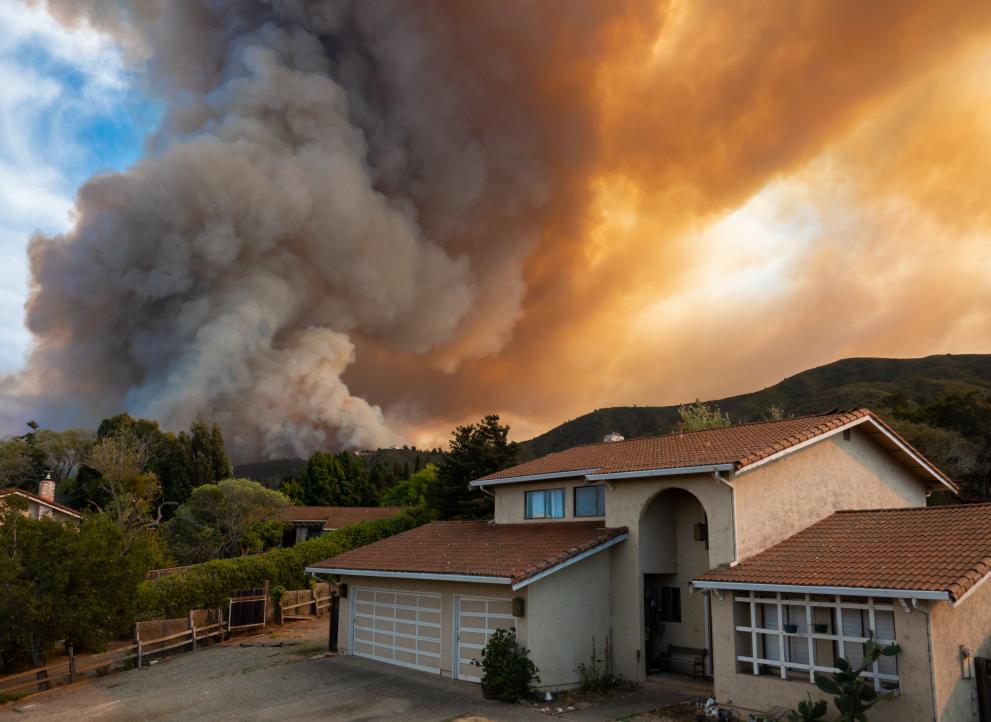
The European Insurance and Occupational Pensions Authority (EIOPA) published today its revised Staff Paper on demand-side factors contributing to the low uptake of natural catastrophe insurance across Europe. The Paper explores the barriers that keep consumers from buying insurance against natural catastrophes. It also proposes a number of consumer-tested solutions to overcome these challenges and in so doing, bolster European households’ and businesses’ resilience to extreme weather events.
With only about a quarter of natural catastrophe (NatCat) losses insured on the continent, Europe faces a significant protection gap. While some causes of this gap stem from limitations in the supply of NatCat insurance products (see earlier work on Impact Underwriting and on Exclusions), consumers are not sufficiently engaging with the products available on the market.
Barriers
To better understand why consumers may be hesitant to invest in NatCat insurance, EIOPA carried out behavioural research on the topic. The findings reveal several barriers and drivers that can negatively impact the willingness of households to buy coverage against natural disasters. These barriers and drivers include:
- a strong focus on the premium rather than the overall usefulness of the product, leading to the perception that coverage is not affordable;
- lack of clarity in terms and conditions;
- previous negative experiences with insurance claims;
- misperceptions regarding the likelihood of being impacted by natural catastrophes;
- high expectations of state intervention in the event of a catastrophe; and
- the perception that the process of taking out insurance is complex and time-consuming.
Solutions
Based on the drivers identified and drawing insights from behavioural science, EIOPA developed and tested a series of solutions to encourage greater uptake of NatCat insurance in Europe. Uptake-increasing solutions include:
- raising awareness of the level of risk consumers face, such as via public or independent tools and with targeted messages at ‘teachable moments’ (e.g. prior to renting or buying a home);
- promoting more standardized and easily comparable products in terms of coverage, exclusions and pricing structures;
- streamlining the consumer journey during the purchasing process, including via digital channels; and
- offering incentives (e.g. premium discounts) for implementing risk-mitigation measures.
Petra Hielkema, Chair of EIOPA said: "The devastating floods and forest fires of the past years have shown with unmistakable clarity that we are not immune to the effects of a warming planet. Even when natural disasters do not result in loss of life, they bring disruption and destruction that demand significant efforts to rebuild from. Insurance makes the recovery process faster and financially less painful, but insurance can only help if it’s being used. Today’s publication sheds light on critically important demand-side factors that will be key to raising Europe’s protection levels. Regulators, policymakers, and insurance professionals must work together towards dismantling the barriers identified and foster a better-protected, more resilient society."
Background
EIOPA places a strong emphasis on the importance of adaptation and mitigation measures and the role of insurance in tackling the effects of climate change. Our earlier research focused on supply-side limitations (Impact Underwriting and Supervisory Statement on Exclusions) and the Paper published today complements that body of work with important insights on demand-side factors.
EIOPA has worked together with the European Central Bank on policy proposals aimed at increasing the uptake of natural catastrophe insurance. The joint discussion paper underlines the importance of primary insurance and risk transfer mechanisms via reinsurance or catastrophe bonds as well as the role of the public sector at the national and EU levels.
EIOPA also runs and maintains a natural catastrophe dashboard with country-level data on multiple perils from flood and wildfire to earthquakes.
Details
- Publication date
- 29 February 2024